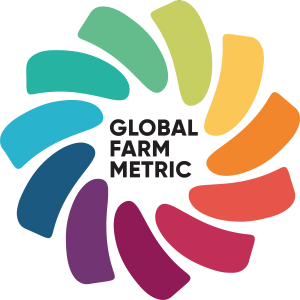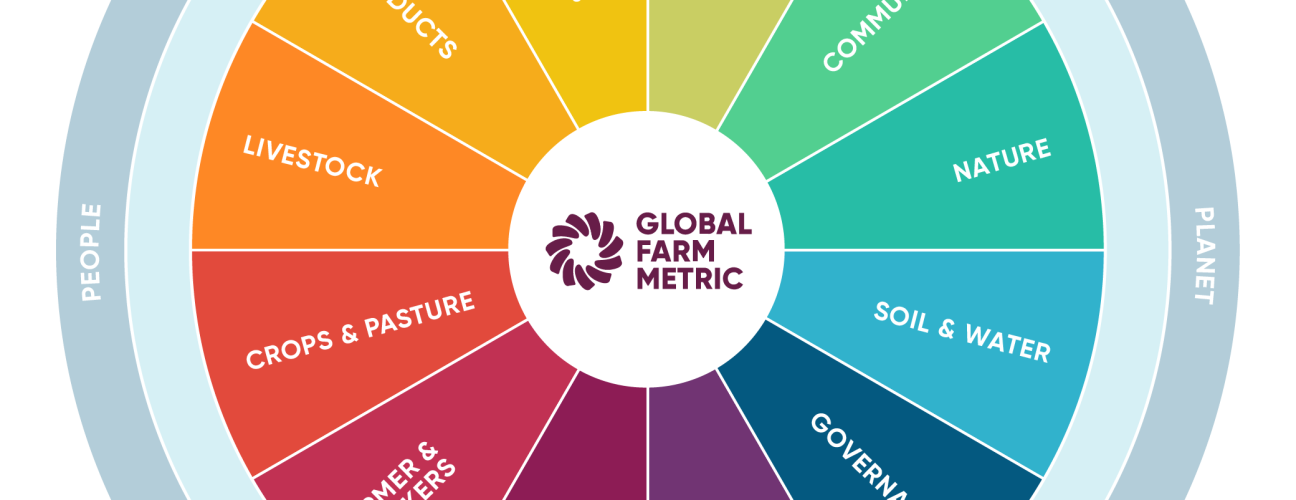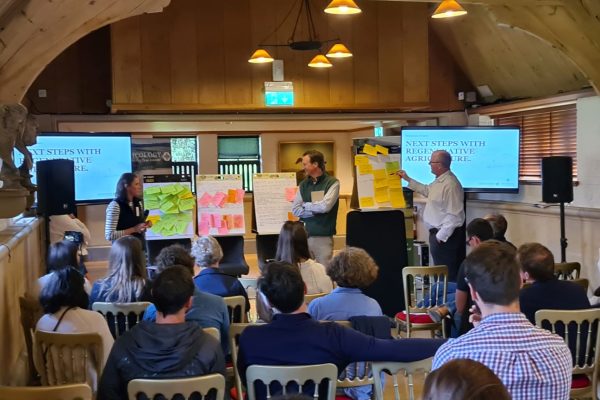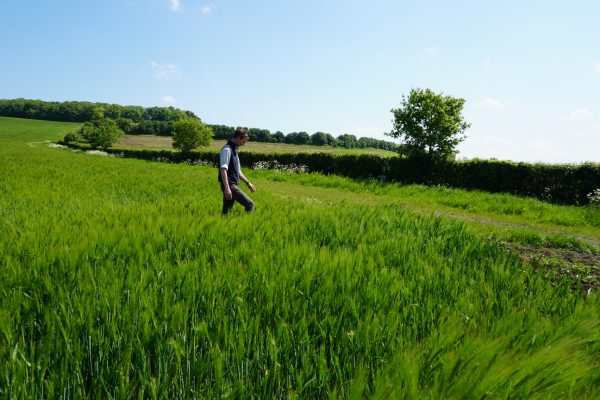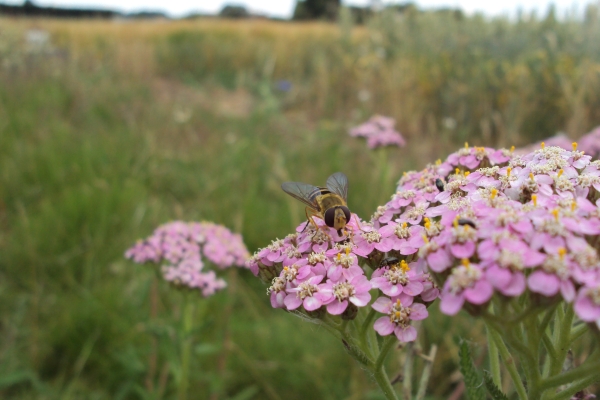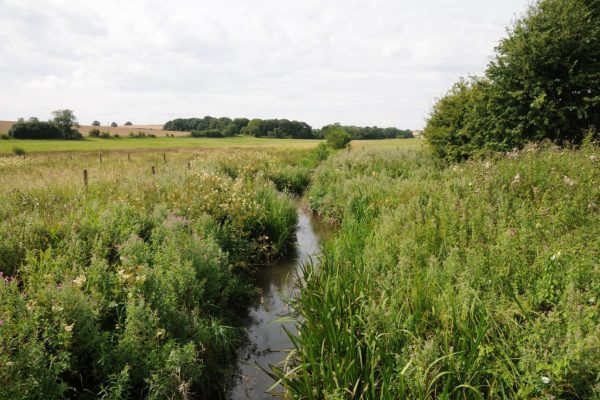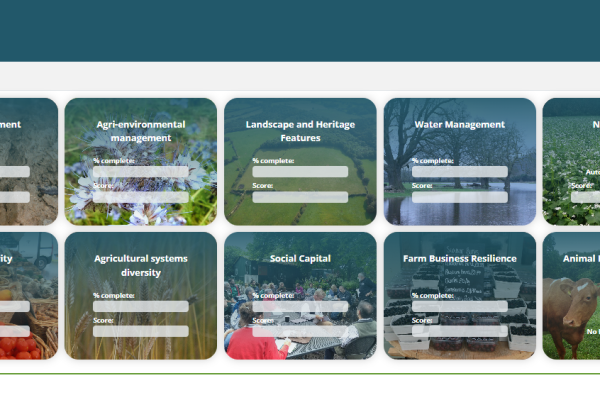The Global Farm Metric
Resource explained
This is the website for the Global Farm Metric (GFM) framework, a common framework that has been designed for all food and farming stakeholders to understand, measure and monitor farm-level sustainability holistically. From the website, you can explore the framework and find out more about the coalition. You can also access various reports, including ‘A common framework for sustainability in food and farming’ which provides a useful summary of the GFM and how it could help farmers. Evidence-based and evolving, the framework is supported by a coalition of over 130 researchers, farmers and organisations.
The GFM is designed to establish a common language on farm sustainability and to be embedded into farm assessments, audits, certification schemes and management tools.
It encompasses environmental, social and economic sustainability and is made up of four components, which together form a holistic picture of farm sustainability; i) the farm system itself; ii) practices used; iii) outputs it produces; and iv) the impacts these have on the world beyond the farm.
Findings & recommendations
- The GFM is a framework to understand, measure and monitor the state of farming systems globally. Its mission is to support the transition to more sustainable food and farming systems from the ground up.
- It is designed to establish a common language that aligns existing metrics in the food and farming industry around a holistic view of farm-level sustainability. Many farm sustainability assessments focus on outputs and impacts of the farm, or on practices implemented. The GFM is unique in acknowledging the importance of monitoring the state of the farm holistically.
- It supports farmers to understand, measure and monitor the environmental, social and economic state of their farm, practices used, farm outputs, and the impacts these have beyond the farm.
- A common framework enables farmers, food businesses, certifiers, banks and governments to speak the same language. This generates a shared understanding of what must be monitored to build resilient and sustainable farm systems. Through this, the GFM can help to create a policy and economic environment that supports continuous improvement in farm sustainability and drives collective action for nature, climate and people.
- The GFM Coalition is supported by over 130 organisations from across the global food and farming sector, including farmers, consultants, researchers, educators, environmental groups, certifiers, food companies, financial services and government agencies.
Also see footage of Fabia Bromovsky talking about the Global Farm Metric tool at ‘Getting Started with Regenerative Agriculture,’ an event held at the Waddesdon Estate in May 2023.
